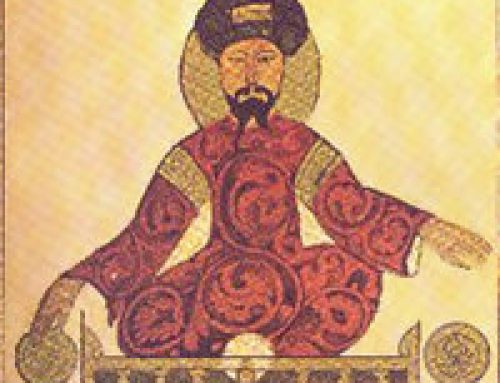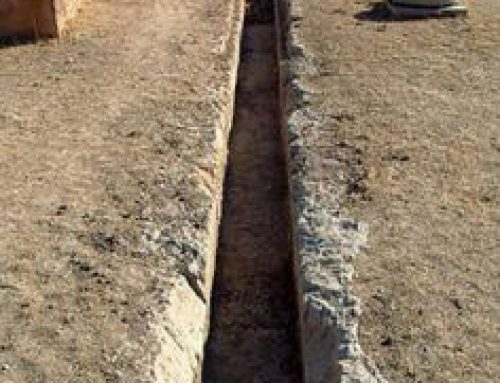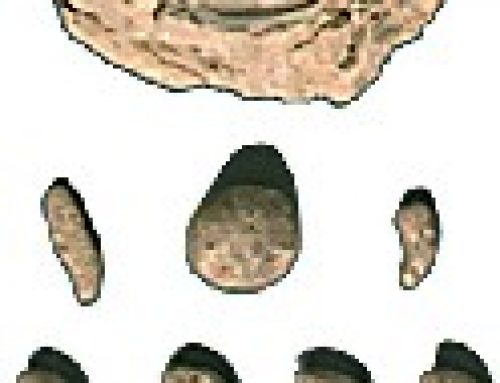
Code of Hammurabi (1700s BC)
Here are a few of the 282 laws of the Code of Hammurabi. Which of these laws do you think are good laws and why. Which laws would you change? Why? Write an essay, or discuss among your classmates.
3. If any one brings an accusation of any crime before the elders, and does not prove what he has charged, he shall, if it be a capital offense charged, be put to death.
6. If any one steal the property of a temple or of the government, he shall be put to death, and also the one who receives the stolen thing from him shall be put to death.
14. If any one steal the minor son of another, he shall be put to death.
16. If any one receive into his house a runaway male or female slave of the court, or of a freedman, and does not bring it out at the public proclamation of the major domus, the master of the house shall be put to death.
17. If any one find runaway male or female slaves in the open country and bring them to their masters, the master of the slaves shall pay him two shekels of silver. If the slave will not give the name of the master, the finder shall bring him to the palace; a further investigation must follow, and the slave shall be returned to his master.
21. If any one break a hole into a house (break in to steal), he shall be put to death before that hole and be buried.
25. If fire break out in a house, and some one who comes to put it out cast his eye upon the property of the owner of the house, and take the property of the master of the house, he shall be thrown into that self-same fire.
45. If a man rent his field for tillage (farming) for a fixed rental, and receive the rent of his field, but bad weather comes and destroys the harvest, the injury falls upon the tiller of the soil (the renter loses his money, not the landlord).
48. If any one owe a debt for a loan, and a storm prostrates the grain, or the harvest fail, or the grain does not grow for lack of water; in that year he need not give his creditor any grain, he washes his debt-tablet in water and pays no rent for this year.
108. If a tavern-keeper (feminine) does not accept grain according to gross weight in payment of drink, but takes money, and the price of the drink is less than that of the grain, she shall be convicted and thrown into the water.
109. If conspirators meet in the house of a tavern-keeper, and these conspirators are not captured and delivered to the court, the tavern-keeper shall be put to death.
137. If a man wish to separate from a woman who has borne him children, or from his wife who has borne him children: then he shall give that wife her dowry, and a part of the usufruct of field, garden, and property, so that she can rear her children. When she has brought up her children, a portion of all that is given to the children, equal as that of one son, shall be given to her. She may then marry the man of her heart.
218. If a physician make a large incision with the operating knife, and kill him, or open a tumor with the operating knife, and cut out the eye, his hands shall be cut off.
219. If a physician make a large incision in the slave of a freed man, and kill him, he shall replace the slave with another slave.
More about Hammurabi
More about West Asian medicine
And more about West Asian slavery
Bibliography and further reading about Hammurabi and the Babylonian Empire:
Find Out About Mesopotamia: What Life Was Like in Ancient Sumer, Babylon and Assyria, by Lorna Oakes (2004).
Ancient Mesopotamians, by Elena Gambino (2000). Retellings of Mesopotamian stories and lots of context.
Ancient Egyptians and Their Neighbors: An Activity Guide, by Marian Broida (1999). Not just Egypt! Includes activities about the Sumerians, the Babylonians, the Hittites, and the Nubians.
Babylonians, by Henry Saggs (2000). Also includes information about the Sumerians and Akkadians.
Ancient Near Eastern History and Culture, by William H. Stiebing (2002). Expensive, and hard to read, but it’s a good up to date account.




